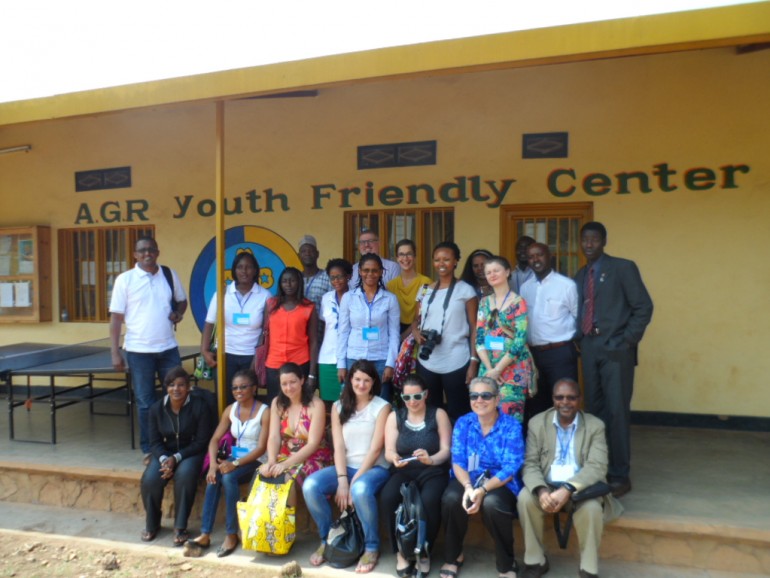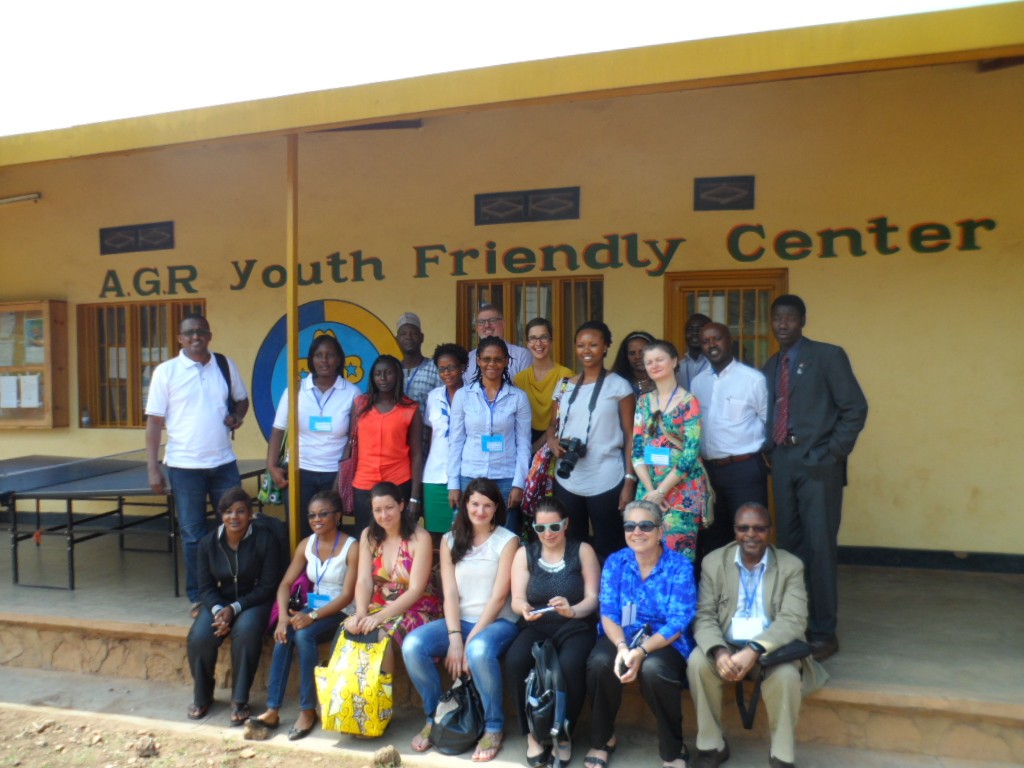Critical reflections on voluntourism and the role of volunteerism in development
15. 6. 2015 | Politics

Our colleague Maja Ladić was one of the speakers at the 4th Africa Regional Volunteer Conference with the title “The Role of Youth Volunteers in National Poverty Reduction and Development Strategies“ which took place in Kigali, Rwanda. She shared some critical reflections on voluntourism, which is more and more popular, especially among younger people from the global North traveling to the global South.

4th Africa Regional Volunteer Conference with the title “The Role of Youth Volunteers in National Poverty Reduction and Development Strategies“ which took place in Kigali, Rwanda
Voluntourism is a great way to educate oneself about the world, but such questions as who can afford to volunteer internationally (in many cases it is quite costly) and what impact volunteer help brings should not go unanswered. Other questions that arise are what is or should be the minimum period for volunteers to be engaged in order to gain ownership of the project or work they do, and whether everyone can really do any kind of work. The latter question is especially important since working with children seems to be the most popular among international volunteers, however some only stay in a certain organization, school or a project for a few days.
Volunteers can get a better understanding of their own role in the global community because they experience the connections between international policies and the lives that are affected by these international policies at the grassroots level in local communities. This can motivate volunteers to learn more about development issues and challenge their own behavior or the behavior of their society, which may contribute to or maintain the inequalities in the world.
See more: https://www.iave.org/africa2015/conference-program/
